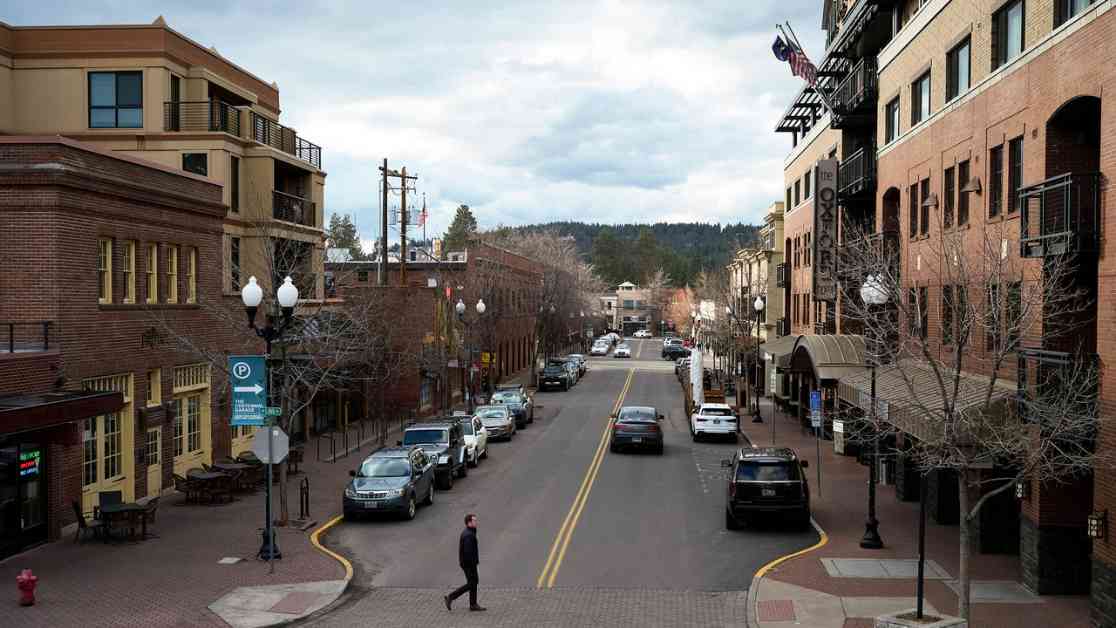Boosting Democracy: The Impact of Citizens’ Assemblies on American Politics
Last July, Kathryn Kundmueller, a resident of central Oregon, received a letter that would lead her on a unique journey. The letter invited her to participate in a citizens’ assembly, where thirty residents of Deschutes County would deliberate on youth homelessness for five days. This assembly was a rare opportunity for ordinary citizens to shape local policy, a chance to make a real difference in their community.
An Invitation to Transform Democracy
Kundmueller, like many Americans, had grown frustrated with the state of politics, but the topic of youth homelessness struck a chord with her. Having experienced housing insecurity in her own life, she saw this as a chance to give back and create positive change. Her personal story added a layer of depth to her participation, highlighting the real-world impact of policy decisions on individuals.
The assembly was carefully curated to reflect the diverse demographics of Deschutes County. From age and gender to political affiliation and housing status, the delegates represented a microcosm of the region. This intentional selection process aimed to ensure that all voices were heard and all perspectives considered.
A New Model for Political Discourse
Over the course of two weekends, the assembly members came together to learn about youth homelessness, engage in discussions, and ask questions of experts. The atmosphere was a far cry from the divisive political discourse that often surrounds such issues. Instead of showboating or extreme views, the delegates engaged in civil, thoughtful conversations, seeking common ground and understanding.
The assembly provided a glimpse of what politics could be—a group of citizens from diverse backgrounds coming together to tackle a complex issue with respect and open-mindedness. The conversations were guided by experts like Elizabeth Marino, who studied how people navigate charged discussions. By shifting the moral frames used to discuss polarizing topics, Marino found that greater consensus could be achieved—a lesson that resonated with the assembly members.
Exploring Novel Solutions
As the assembly entered its final days, the delegates delved into policy proposals and solutions. One delegate, Benjamin, raised a thought-provoking idea about limiting outside buyers to address rising housing prices. His perspective sparked a discussion on wealth distribution and the role of government in shaping housing policy. Benjamin’s unique viewpoint challenged the traditional narrative, offering a fresh approach to a complex issue.
The assembly concluded with a sense of camaraderie and accomplishment. Delegates shared stories, ideas, and feedback, creating a sense of community that transcended political divides. The experience left a lasting impact on Kundmueller and her fellow delegates, showing them the power of direct democracy and citizen engagement in shaping policy.
In a time of political polarization and dysfunction, citizens’ assemblies offer a glimmer of hope—a chance for ordinary people to come together, listen, and learn from one another. By trusting in the wisdom of the crowd, these assemblies have the potential to transform democracy and create a more inclusive, equitable society. As Kundmueller reflected on her experience, she felt a renewed sense of optimism and purpose, knowing that her voice had been heard and her actions had made a difference in her community.












